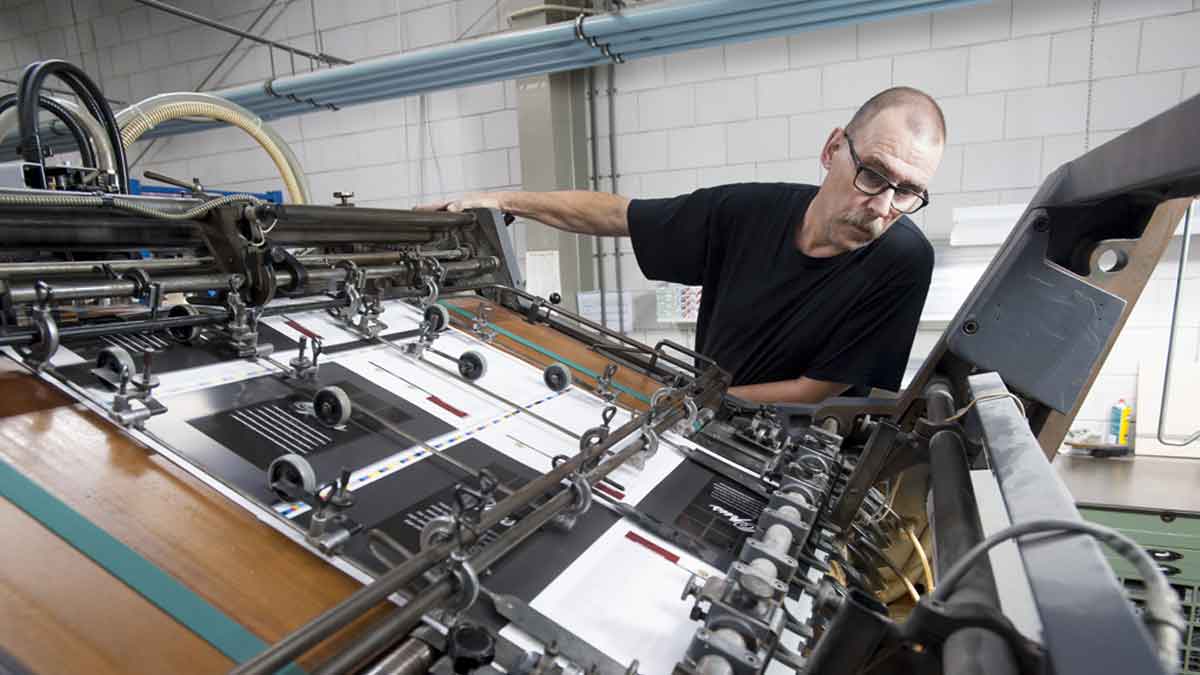Generally, manufacturers strive to make consistent, high-quality products that are both high quality and affordable to offset fluctuations in market demand and high materials costs. Manufacturing companies usually focus on product monitoring and integrating innovative technologies to increase their competitive advantage. This is important when they’re paired with mission-critical products.
In today’s tech-centric world, it is vital to be able to monitor and control production equipment. If companies apply product monitoring, it is possible to ensure quality manufactured goods. Technicians are always calibrating and optimizing production lines to ensure consistency and eliminate time-wasting inefficiencies.
The same retooling happens at the end. Automation and robotics play an important role. Quality assurance specialists in manufacturing plants verify the integrity of finished products.
The rise of Industry 4.0 and internet-of-things technology has led to companies integrating new systems to enhance product monitoring and flaw detection.
How IoT Impacts Product Monitoring
Manufacturers are moving to IoT technology for process automation, real-time monitoring, and data analytics. Moreover, IoT sensors can be used to monitor the environment and perform maintenance on production lines.
This data helps manufacturers to identify the root cause of quality control issues and make informed choices about how to improve their products. IoT-specific applications help to assist manufacturing companies.
Specific applications
Predictive maintenance
Instead of waiting for machinery failure, manufacturers now use IoT sensors that can predict when internal components may fail. David Auton is Cushman & Wakefield’s senior director of reliability engineering. He said that “run to failure” or repair can easily cost around three to ten times more than a good maintenance program. Unplanned downtime could lead to productivity loss. Equipment maintenance is also important for quality control. Uncalibrated machinery could cause defects or irregularities in the final product. By being proactive about maintenance and repair, manufacturers can reduce their overhead costs and reduce rejection rates.
Real time monitoring of production
IoT systems also offer remote control and monitoring by employees. This is especially important in the current economic climate, where COVID-19 has forced many businesses to cut back their physical operations. Vision inspection systems help to perform key quality control tasks without the need for manual intervention. AZO Materials reports that bakeries around the globe can now incorporate high-speed visual measurement tools into their workflows, thanks to innovations from Sightline Process Control Inc. These systems can aid in detecting bad products before they reach customers and analyze up to 100 objects per second.
Automate production
Once the manufacturing plant mix with IoT sensors, site managers can integrate robotic process automation and other technologies in their operations to increase reliability. These sensors can help gather massive amounts of data which can be fed into an AI platform or machine-learning algorithm to provide instant insights. When they work together in a networked manufacturing environment, automated systems can detect variation in output and communicate this information to downstream equipment. The equipment can properly adjust minor parameters right away without affecting product quality.
Manufacturing companies are extremely focused on product monitoring and real-time monitoring. However, IoT has huge potential to bring in new ideas and help improve existing processes. Performance analytics and environmental data can assist plant managers in identifying inefficiencies and wasteful oversights.
In addition, these findings help manufacturers to improve production processes and implement more efficient material handling strategies. They also help to ensure consistency across production sites.
Intel research goes over how more than 40% of active IoT devices could be used in manufacturing and industry within the next 10 years. To be ready for Industry 4.0 and the quality control revolution in manufacturing, companies will require the right networking equipment.
Click here if you want to learn more about Industrial Automation!
